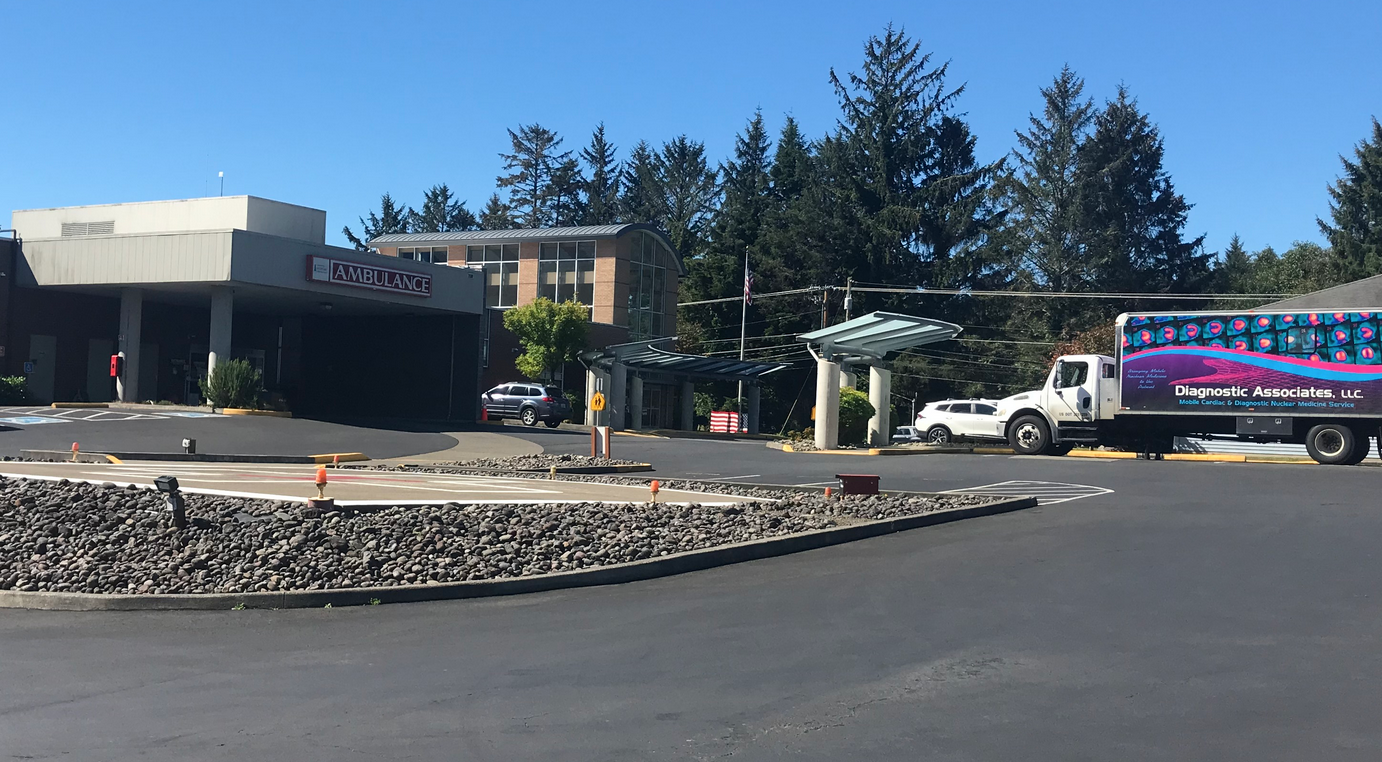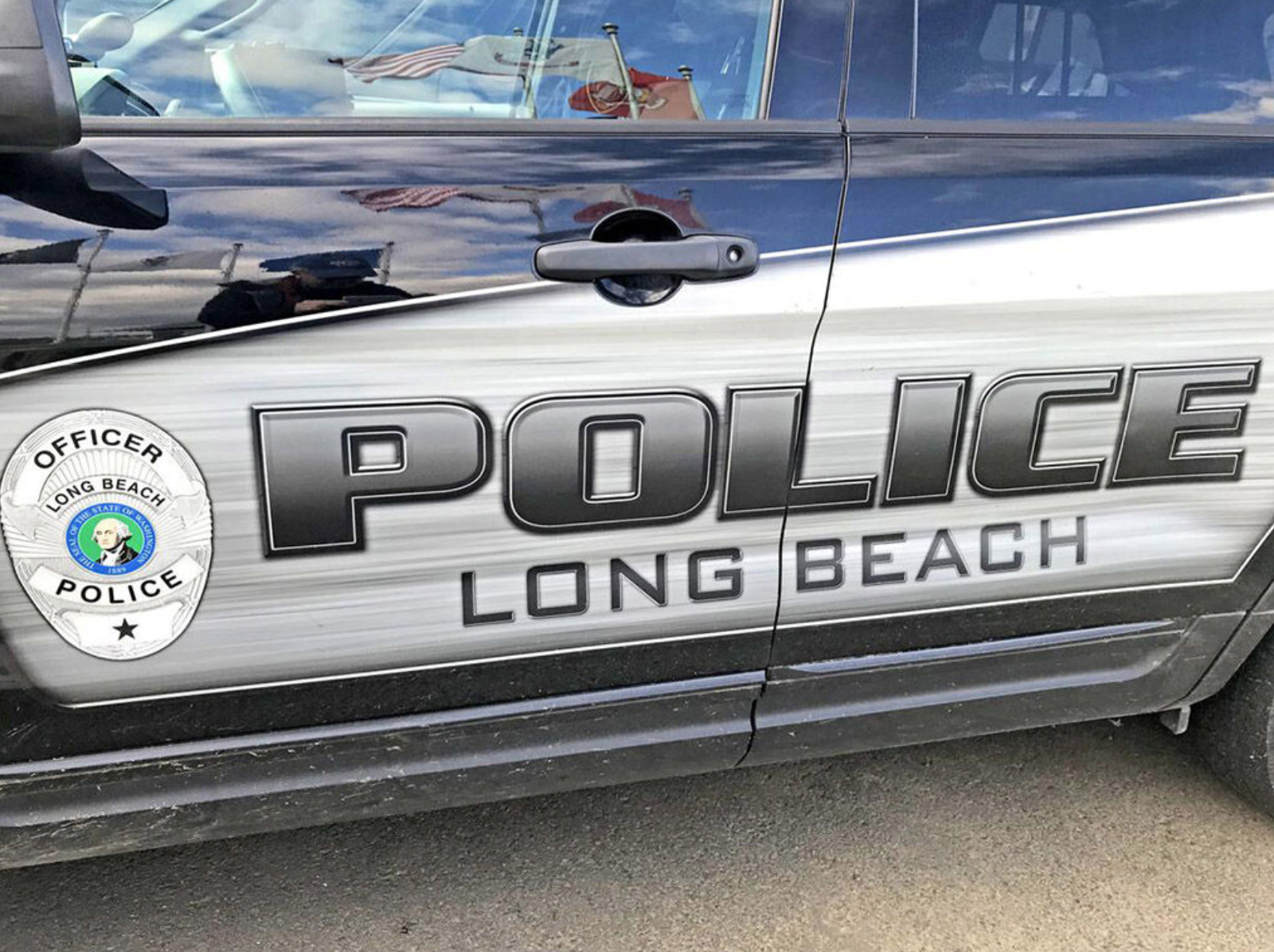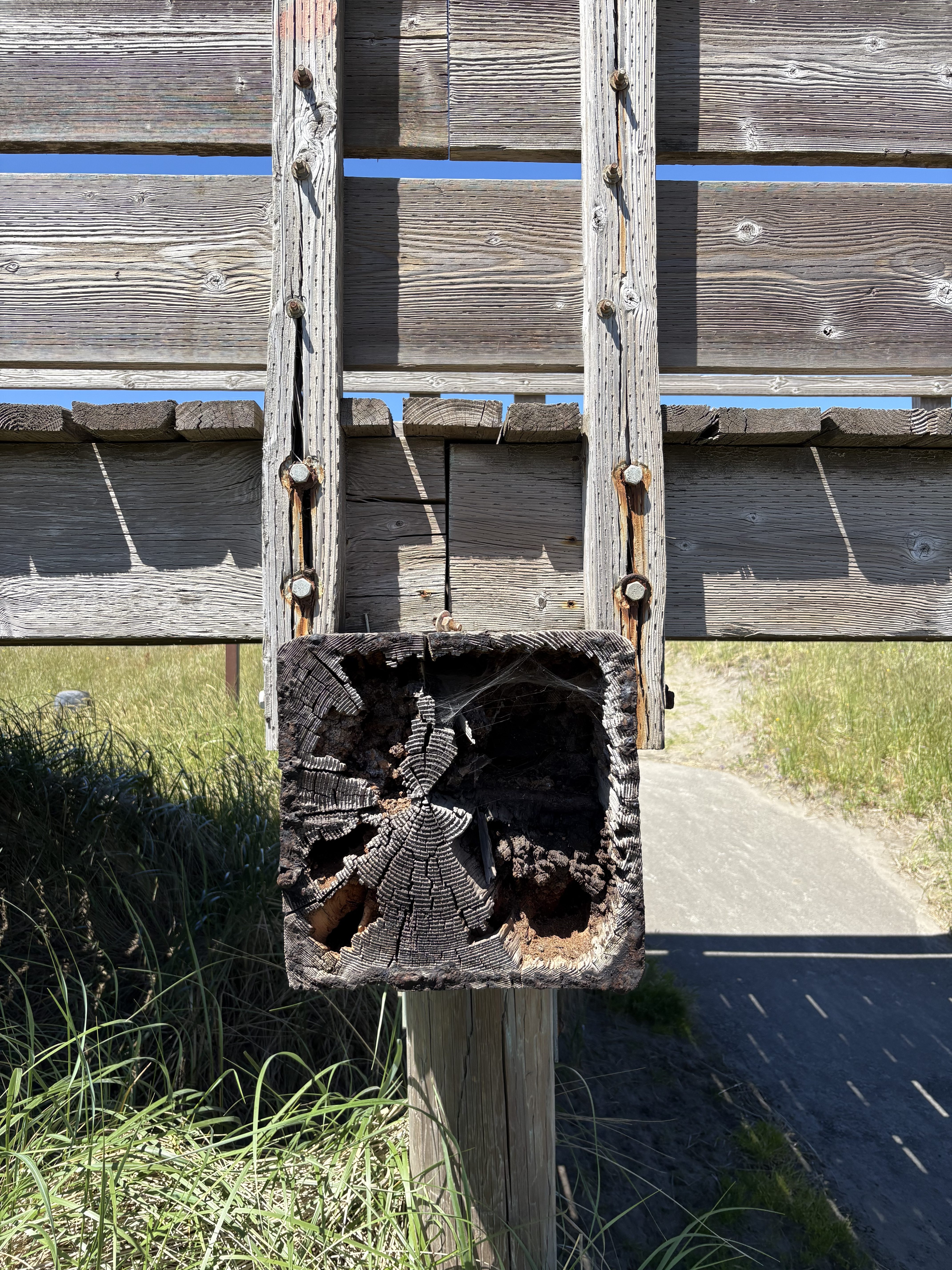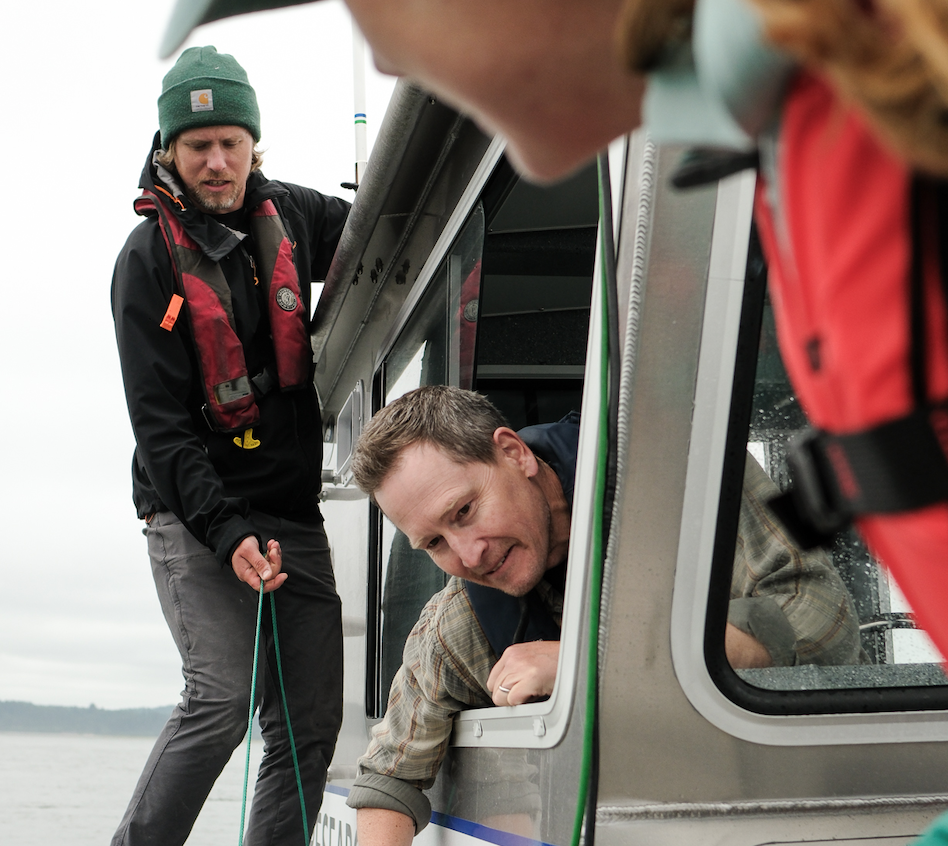Legislature again defers action on youth camp: Senator vows to continue push for resolution
Published 2:06 pm Tuesday, May 6, 2025
OLYMPIA — “There’s always next year.”
It’s a phrase Mariners fans have uttered half-heartedly every October since the 1970s, and who have been joined in recent years by proponents of transforming the shuttered Naselle Youth Camp property into a local community asset — only to again be denied this spring by the Washington State Legislature.
That trend continued this spring, as state legislators wrapped up the 2025 legislative session in late April by again leaving the fate of the former youth camp’s property unsettled. As they have since the youth camp was shuttered in 2023, 19th District lawmakers have pledged to continue pushing for a solution favorable to the local community.
Trending
The Naselle Youth Camp was an unfenced, medium-security facility that provided education and treatment for males who had landed in trouble with the law. The camp served over 30 youths and employed 93 full- and part-time employees as of March 2022, and had faced repeated threats of closure over the preceding two decades as juvenile justice philosophies shifted toward keeping young offenders closer to their families and communities.
A bill introduced by state Sen. Jeff Wilson (R-Longview) at the beginning of the session did not make it out of committee, while the 2025-27 state operating budget passed by lawmakers in late April sets aside about $1.42 million for the upcoming 2026 fiscal year for the Washington State Department of Children, Youth and Families to continue with the “warm closure” of the property, a status it’s held since the legislature approved a supplemental operating budget two years ago that included a provision calling for its closure.
Wilson’s bill, if passed and signed into law, would transfer ownership of the property to the Chinook Indian Nation — in line with the recommendation made by a legislature-commissioned task force last year about what to do with the property in the wake of the youth camp’s closure.
But the bill, Senate Bill 5247, gained minimal traction during this year’s legislative session. The bill won only one co-sponsor, state Sen. Mike Chapman (D-Port Angeles) of the neighboring 24th District, and never received a public hearing in the chamber’s State Government, Tribal Affairs and Elections Committee.
Future angles
SB 5247 will automatically be reintroduced during next year’s legislative session, and Wilson told the Observer that he will continue his efforts to secure an outcome that does right by the community, tribe and local stakeholders.
Trending
“I think it was a shortsighted decision [to close the youth camp],” said Wison. “But having said that, this whole thing has turned into an opportunity and I just don’t want the opportunity to fade. Naturally, the Chinook people have more historical culture to that geographic area, and I still want to respect the task force.”
The second-term senator added, however, that he will try “a number of angles” to bring about a positive resolution to the facility and return it to being a community asset — and prefers the Chinook tribe be involved in some capacity regardless.
“If a lease or a transfer doesn’t happen with the Chinook, it doesn’t mean I’m done with the Chinook because I think there can still be some co-existing,” Wilson said. “I don’t want it to just be the state of Washington anymore; I need a local shareholder — the community, including the tribe — to establish some ownership and equity in that instead of Olympia saying ‘we will turn the lights on and off.’”
The facility’s main campus occupies about 17 acres and includes four residential lodges and several administrative buildings, as well as a school, gym, cafeteria, fish hatchery and auto shop. The housing area, where camp staff resided, covers about five acres and includes 27 units, including six quadplexes, one duplex and a three-bedroom house.
A wasted asset
Wilson asserted that the status quo of simply continuing with the “warm closure” of the property is not a productive use of taxpayer dollars. Under the current arrangement, the facility’s structures are being cleaned and monitored for issues like flooding and rodents while basic landscaping duties are also being performed and the wastewater treatment facility is being operated at a reduced capacity.
A report from the Washington State Department of Natural Resources, published in 2022 when the agency was tasked with evaluating whether the property could be developed into an outdoor school, found that many of the facility’s buildings were in poor condition and “would need major renovations to make the spaces welcoming.” Some, that report stated, should be torn down.
“The only thing we’re investing in now is the status quo. We pay maintenance, to keep the lights on, and some upkeep — very little — and it’s still a nothingburger,” said Wilson. “It still doesn’t do a darn thing for the community or serve a purpose. I don’t want it to start to look like an old scary house as it weathers into nothing, because that’s a waste. We still have time before that place wilts and settles into the earth.”









